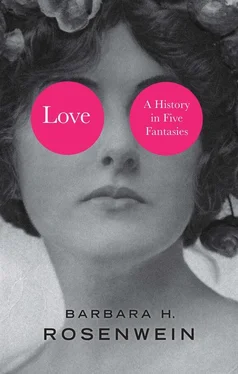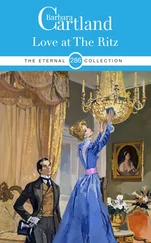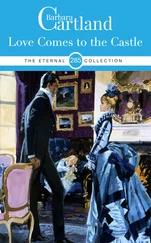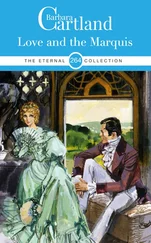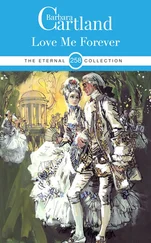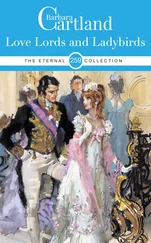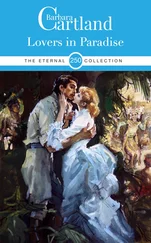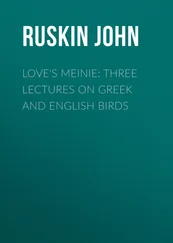Such underlying fantasies are what L. E. Angus and L. S. Greenberg are thinking about, too, when they advocate psychotherapy that intervenes and changes the narratives that people use to understand their feelings and identities. They are the reasons why Iiro P. Jääskeläinen and his colleagues use neuroimaging to unravel “how narratives influence the human brain, thus shaping perception, cognition, emotions, and decision-making.” They explain Joan Didion’s striking essay opener: “We tell ourselves stories in order to live.” 6
The fact that the Western imagination – only one among many imaginations – has produced some fantasies of love that span the centuries does not mean that love is love, always has been, always will be. Some stories have had staying power, granted; but they nevertheless have always shifted shape, losing some meanings and taking on others. They serve as cultural referents, and they still exert a certain frisson , but they also always need updating. Consider a New Yorker cartoon by Maddie Dai featuring a damsel in distress, a mildly surprised dragon, and a knight in armor with sword in hand (see figure 1). 7The narrative of the visual image – the knight has come to rescue the lady – is so familiar as to be almost part of our DNA. It is recycled (though never in exactly the old form) in Disney movies and childish daydreams. But the caption sabotages the expectations set up by the picture: the joke is that this particular knight is a modern guy. He queries the endangered lady about her reproductive desires and her financial philosophy before deigning to slay the dragon. Yet our laughter at the joke may be a bit bitter, for the idea that love implies self-sacrifice, that it is or should be unconditional, remains today an active ideal. In philosopher Simon May’s view, “to its immense cost, human love has usurped a role that only God’s love used to play.” 8This fantasy requires the impossible of human love, and yet it is a demand and expectation in some circles.
But not in all. And therein lie the emotional communities of love. For even as some people see “true love” to be patterned on Christ’s gratuitous self-sacrifice, others understand it as an ecstatic experience that takes them beyond the earthly realm. And others adhere to still different enduring narratives of love. These fantasies and their transformations over time form the chapters of this book. Yet it is only their entwined histories that allow us to glimpse the many-faceted, indeed kaleidoscopic, history of love within the Western tradition because, to some degree, they always played off of one another – and because they are all available to us, however loyally we may adhere to one or the other.
Unlike some scientists today, I do not wish to claim what love is . Contrary to many philosophers, I have no idea what it should be. And, unlike intellectual historians, I do not want simply to survey past theories of love (though some of those theories do enter into my discussion). I want to understand what people think love is today and what they have thought it was in the past. I want to include women in the story. And I want to cite both “real” people and what they said about their loves alongside the fictions that so often provide the scaffolding for the fantasies of love that we elaborate and hang on to.
I have chosen five persistent narratives. In the first chapter, I take up the fantasy of like-minded love. I continue with love’s transcendence – the notion that it takes us to a higher realm. Love as freedom as opposed to obligation is the subject of chapter 3, while chapter 4confronts the fantasy that true love is obsessive and chapter 5that it is insatiable. Each chapter is focused on a different modality and experience of love, all of which have long histories within the Western tradition. While they overlap at certain points, it may be said that like-mindedness has mainly to do with friendship, transcendence with love of God, obligation with marriages and other long-term erotic relationships, obsession with unrequited love, and insatiability with roaming.
Taken together, the threads here separated by theme form a richly hued tapestry. If it is as yet incomplete, that is as it should be, for the story of love, like love itself, is always in the process of change, re-elaboration, and new fantasy-making.
1 1. Barbara H. Rosenwein, ed., Anger’s Past: The Social Uses of an Emotion in the Middle Ages (Ithaca, NY, 1998).
2 2. Joanna Bourke, Fear: A Cultural History (Emeryville, CA, 2005); Darrin M. McMahon, Happiness: A History (New York, 2006); Barbara H. Rosenwein, Emotional Communities in the Early Middle Ages (Ithaca, NY, 2006).
3 3. Barbara H. Rosenwein, Generations of Feeling: A History of Emotions, 600–1700 (Cambridge, 2016).
4 4. Barbara H. Rosenwein, Anger: The Conflicted History of an Emotion (London, 2020).
5 5. Arlie Russell Hochschild, Strangers in Their Own Land: Anger and Mourning on the American Right (New York, 2016), pp. 6, 135.
6 6. L. E. Angus and L. S. Greenberg, Working with Narrative in Emotion-Focused Therapy: Changing Stories, Healing Lives (Washington, DC, 2011); Iiro P. Jääskeläinen, Vasily Klucharev, Ksenia Panidi, and Anna N. Shestakova, “Neural Processing of Narratives: From Individual Processing to Viral Propagation,” Frontiers in Human Neuroscience 14 (2020), doi: 10.3389/fnhum.2020.00253; Joan Didion, “The White Album,” in We Tell Ourselves Stories in Order to Live: Collected Nonfiction (New York, 2006), p. 185.
7 7. Maddie Dai, cartoon, The New Yorker (December 16, 2019), p. 37.
8 8. Simon May, Love: A History (New Haven, CT, 2011), p. 2.
Конец ознакомительного фрагмента.
Текст предоставлен ООО «ЛитРес».
Прочитайте эту книгу целиком, купив полную легальную версию на ЛитРес.
Безопасно оплатить книгу можно банковской картой Visa, MasterCard, Maestro, со счета мобильного телефона, с платежного терминала, в салоне МТС или Связной, через PayPal, WebMoney, Яндекс.Деньги, QIWI Кошелек, бонусными картами или другим удобным Вам способом.
